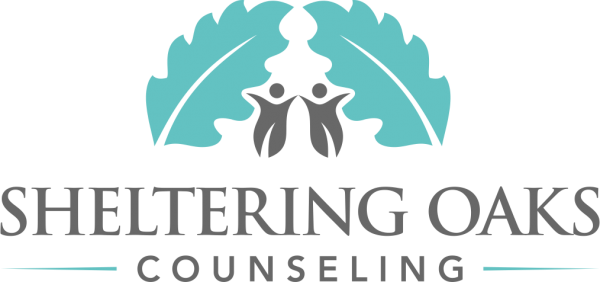
Yesterday, a friend called and told me his son had been diagnosed with a mental illness that does not typically go away, even with treatment.
We talked for a while about symptoms, his relief at knowing a name for his son’s struggle, and ways to support his son. Then my friend asked, “So, what does that mean?” And that, really, is the key question.
Humans are, “meaning-making machines.” From the time we’re babies, we gather information about the world around us and do the best we can to figure out what it all means. This can be wondrous, like when you watch a baby discover her toes or figure out that it’s fun to dance. It can also be heart-breaking, as children do their best to make sense of situations that are hard even for adults. The problem, of course, is that children, especially, don’t have all the information they need. Their brains and bodies aren’t ready for some of the information they do have. So, they make mistakes about what things and people mean.
Children who lose a parent early in their lives may conclude that no one safe stays around for long. Children whose parent struggles with alcoholism often think that their parent must drink because they, the children, are bad or too much to handle. Children with well-meaning, high-achieving parents may think all that achieving means that they have to work hard, too, to be loved. Children whose parent has a mental illness can not possibly be expected to understand what a mental illness means, and yet they often build whatever meaning they can to make it make sense. Very often they decide that it means people are not to be trusted, including themselves.
In my experience, both as a counselor and as a client, children and teens often take those meanings they’ve constructed and make a very solemn vow – sometimes consciously, sometimes not. Things like…I’ll never let myself be vulnerable again…I’ll be perfect so people will have to want me…I’ll show them how bad I can be…I must understand everything, even though I can’t. That is what we do with the meaning we’ve made. And those vows carry over into every part of our lives, until, by a great mercy, they fail to work. When our vows don’t work anymore, and the meanings don’t fit what we see around us, we are in a good place to slow down and take a closer look.
Counseling is one place to slow down and take that look. It often helps to have someone who hasn’t made the same vows take a look with us at the meanings we made when we were younger. A similar way to slow down and look may be through writing. The process of writing, especially writing with pen on paper, slows us down by its very nature. It forces us to think about what we believe and what we have experienced, because writing is slower than thinking. Our brains are freed up in the extra seconds to really consider if that meaning we have made is true. This is not writing for publication, but writing to discover.
Next winter and spring, Sheltering Oaks Counseling will offer a therapeutic writing group on the first Monday evening of each month, from 6:00 to 7:30 p.m., at Grace Episcopal Church in Tampa Palms. The group will be a safe place to come and explore those meanings and vows that may have been directing your life whether you knew it or not. We will meet monthly, January to June. The fee for the group will be $360. The first half of payment will be due on the first night of group. The second will be due on the first Monday in April. The group will be limited to 7 participants, and participants will meet with me for a 30-minute consultation before the group to be sure it is a good fit for them at this point in their lives.
If you’d like to take a closer look at the meanings and vows, experiences and people who have shaped your life, I hope you’ll consider joining us.
If interested, please call us at 813-982-4230 or you can email Leanne, [email protected].
